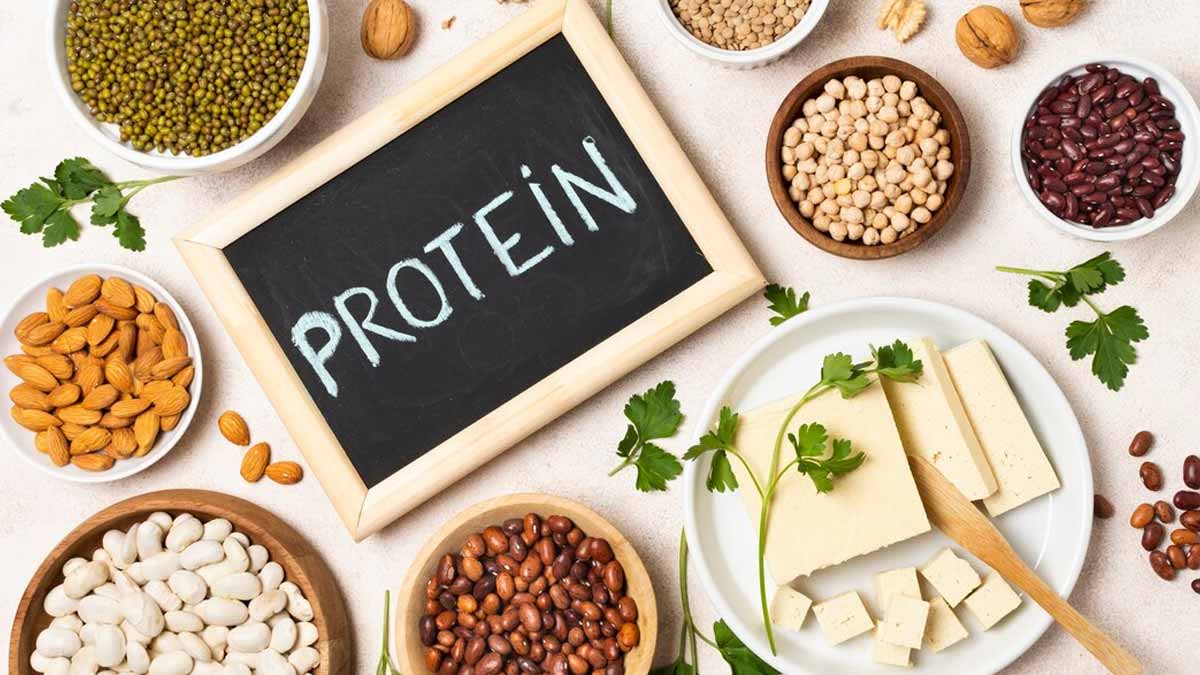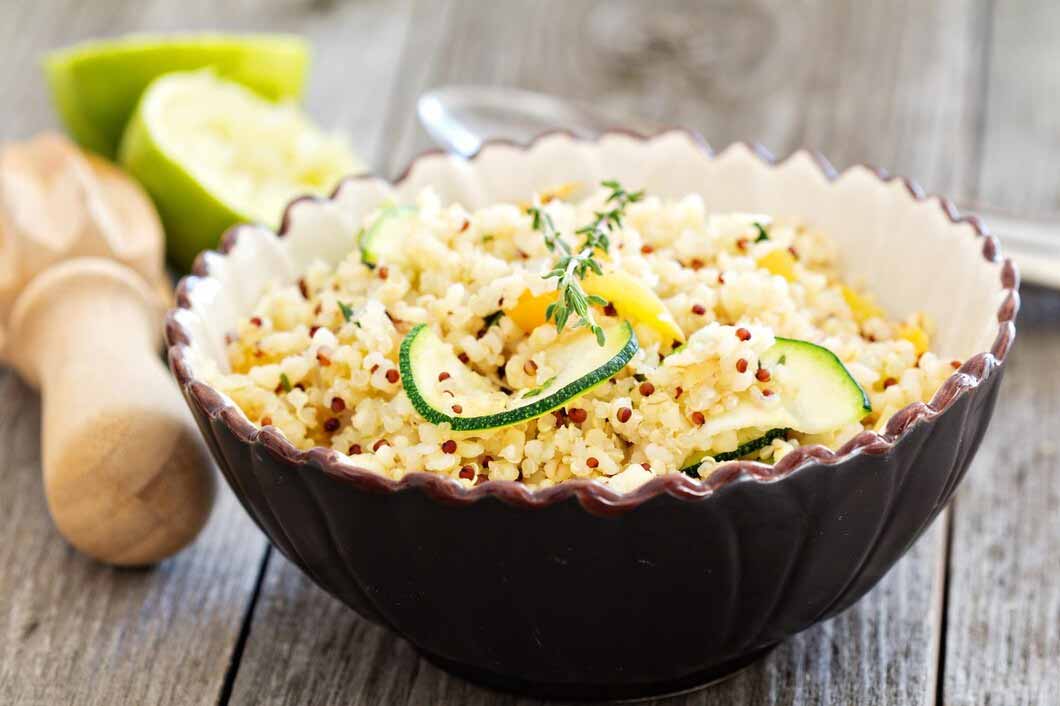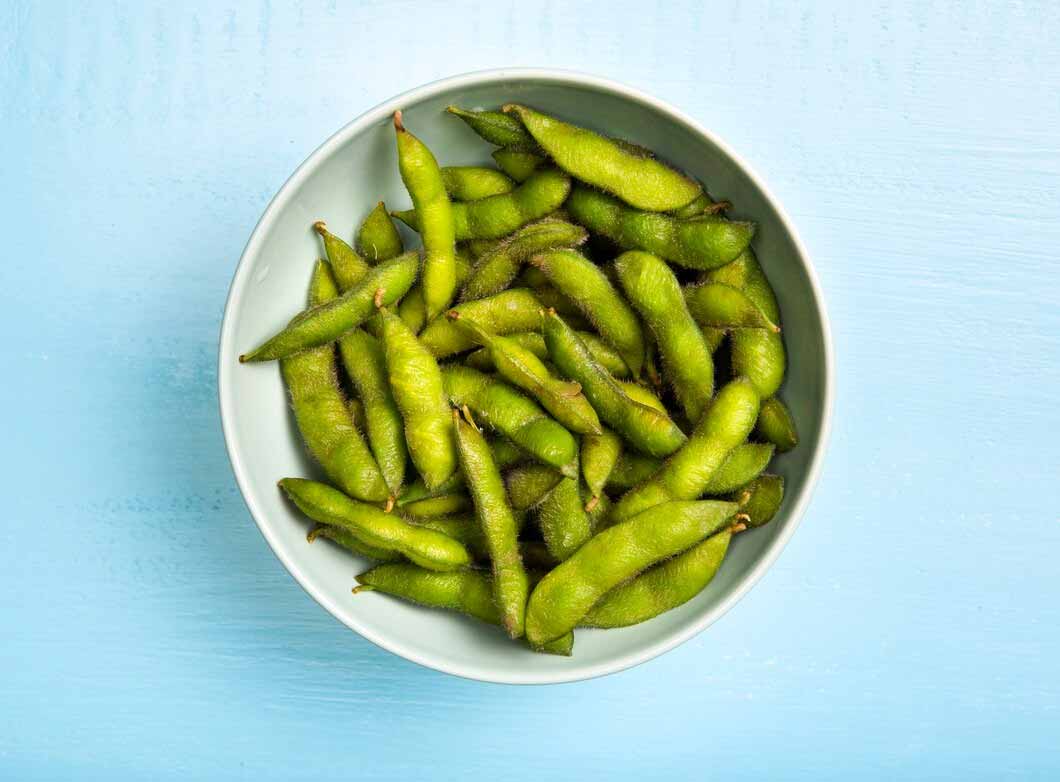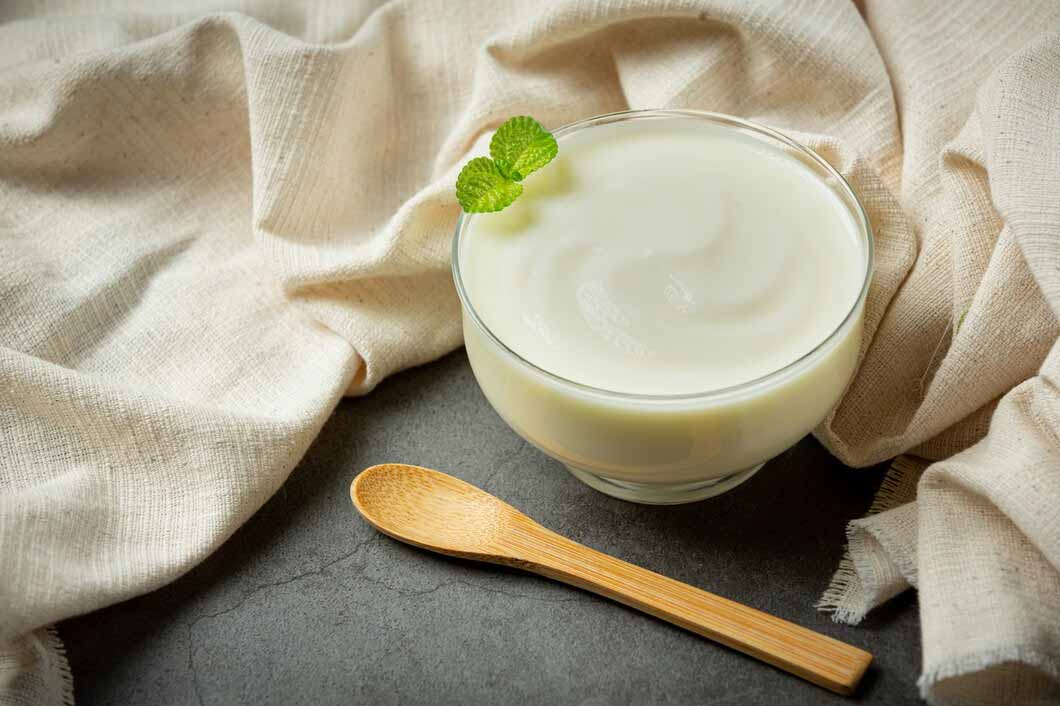
Protein is a macronutrient essential for the body's growth and development, which is why it is also known as the building block of life. Comprising amino acids, it plays a crucial role in forming tissues, enzymes, hormones, and antibodies and also helps repair cells and make new ones. When it comes to increasing your protein intake, most people and experts advise adding more meat and dairy foods to the diet since they are considered some of the most protein-rich sources. However, what if you aren't a meat lover? Are there healthy alternatives?
Table of Content:-
The good news is that there are. We bring you a list of the most overlooked protein sources that you can add to your diet.
Also Read: Protein-Rich Foods That Help Reduce Your Risk Of High Blood Pressure or Hypertension
Quinoa

If you're looking for a healthy, vegetarian, and gluten-free protein substitute, quinoa is your go-to food. According to the Harvard TH Chan School of Public Health, one cup of cooked quinoa provides about 8 grams of protein. Additionally, it is rich in fibre, which makes it highly beneficial for your gut health, and it is also free of gluten, making it safe to eat for people with celiac disease.
Lentils
Lentils are a healthy, plant-based source of protein that comes with several other nutrients, including folate, iron, potassium, and B vitamins. 100 g of cooked lentils contains 116 calories, 9.02 g of protein, 7.9 g of fibre, and 0.38 g of fat, according to the United States Department of Agriculture (USDA).
Edamame

If you're a vegetarian or a vegan, edamame is a good source of protein for you. According to the USDA, a cup, or 160 g, of cooked edamame contains about 18.4 g of protein. It is also packed with nutrients, such as fibre, calcium, iron, and vitamin C, which help improve muscle functions, regulate hormone balance, and reduce the risk of heart disease.
Also Read: Plant-Based Protein: Expert Lists Protein Options You Should Eat For Athletic Performance
Tofu
Tofu is a vegan food item made of condensed soy milk. It is highly nutritious and is known for its high protein content. 100 g of tofu contains about 17 g of protein, along with 2 g of fibre, 53% of calcium's daily value (DV), and other important nutrients. What is also great about the soy product is that it has cholesterol-lowering effects that reduce the risk of heart problems.
Greek Yoghurt

For anyone who is dairy-tolerant, Greek yoghurt is a nutrient-dense product that provides high-quality protein, is essential for muscle health, and contains probiotics, which support gut health and boost immunity. According to the USDA, 100 g of yoghurt contains 17.3 g of protein. Additionally, it contains calcium, which helps strengthen bones and teeth.
Conclusion
When it comes to a balanced diet, protein is a must. Whether you’re a non-vegetarian, a vegetarian, or even a vegan, you must be aware of your protein sources. While meat and dairy products are said to be the richest sources, plant-based proteins are also highly beneficial for your overall health. Not only are they gut-friendly, but they also provide heart-healthy benefits. At the end of the day, it all comes down to what works best for you.
Also watch this video
How we keep this article up to date:
We work with experts and keep a close eye on the latest in health and wellness. Whenever there is a new research or helpful information, we update our articles with accurate and useful advice.
Current Version